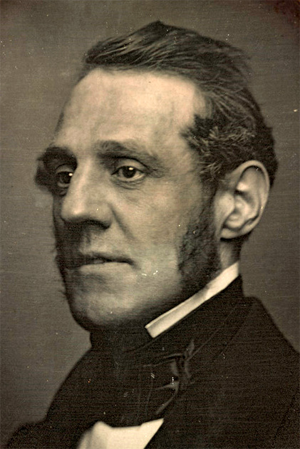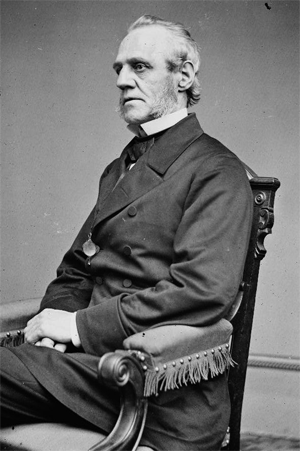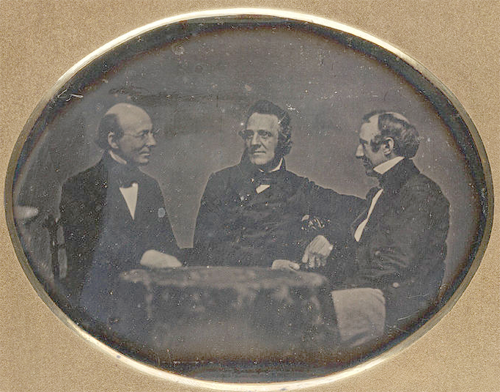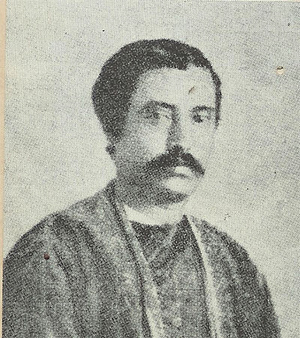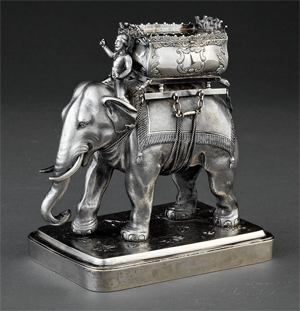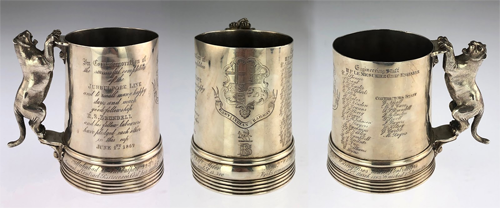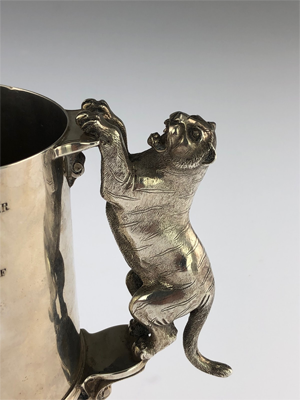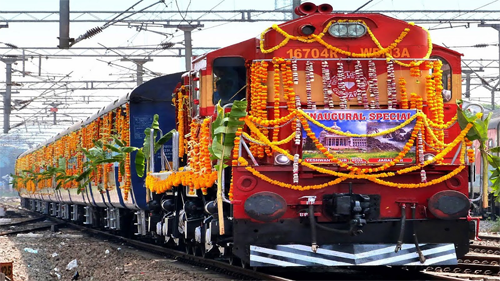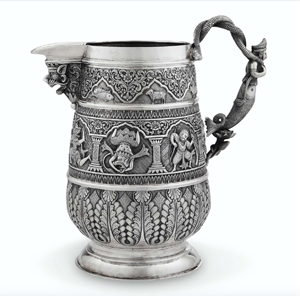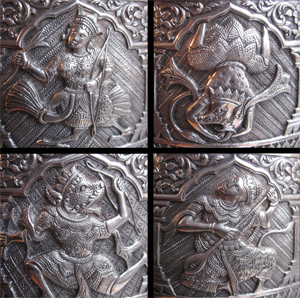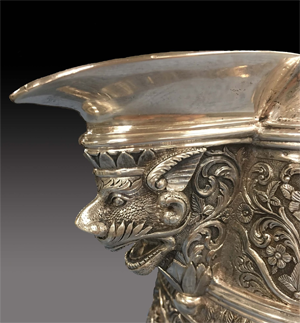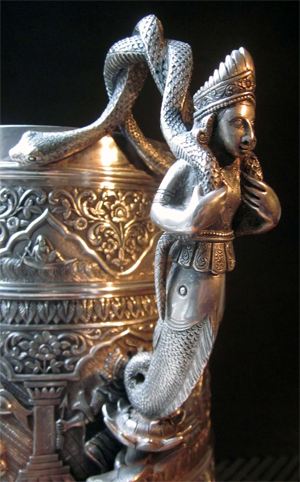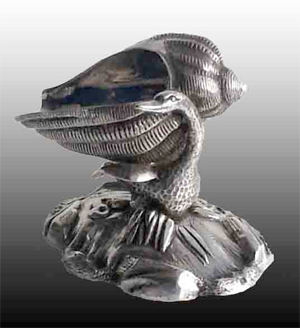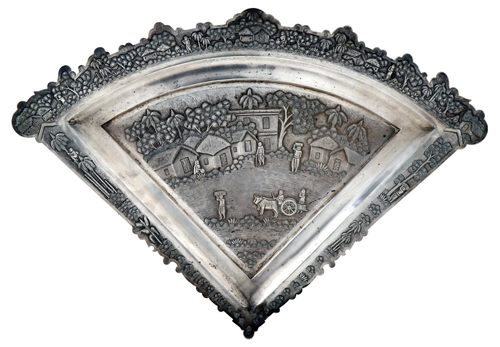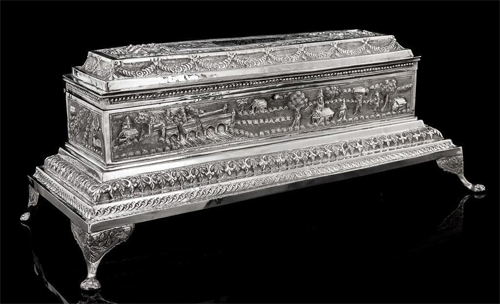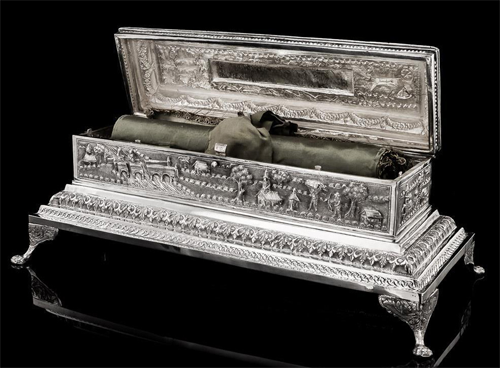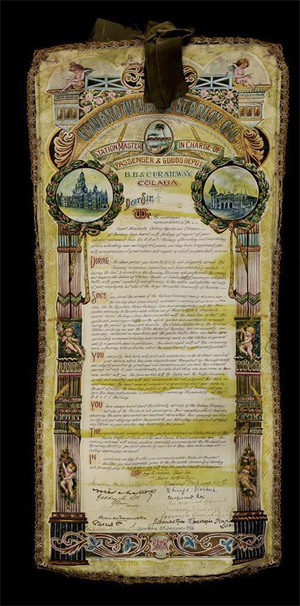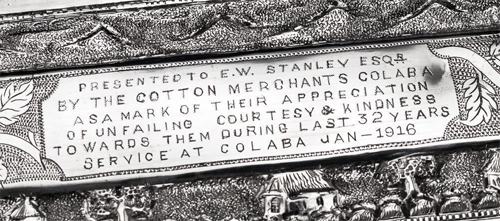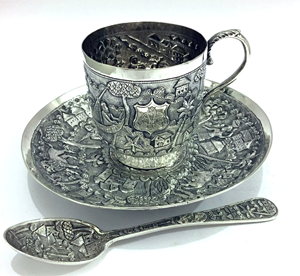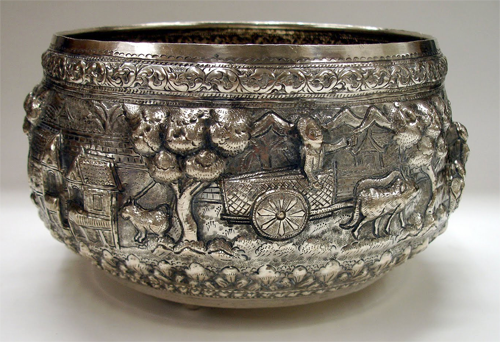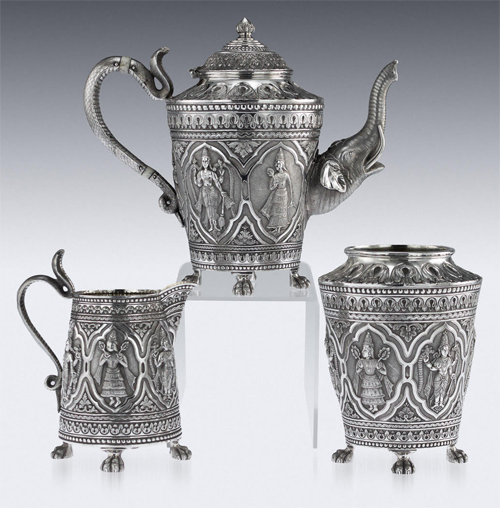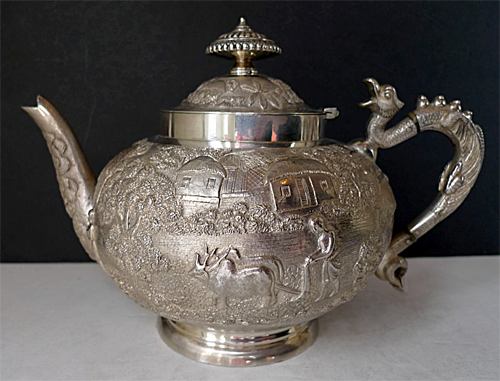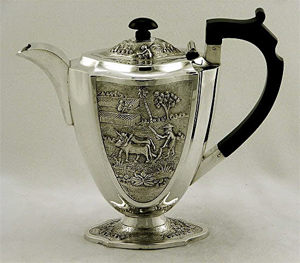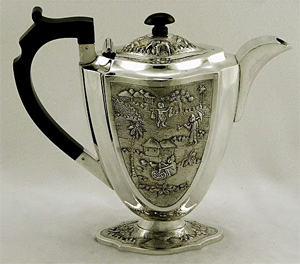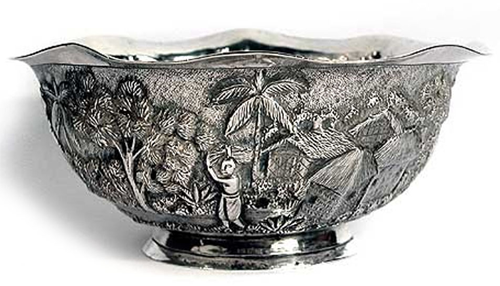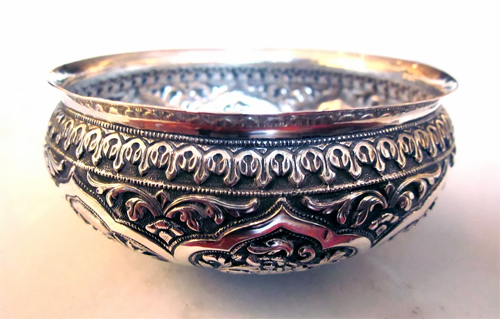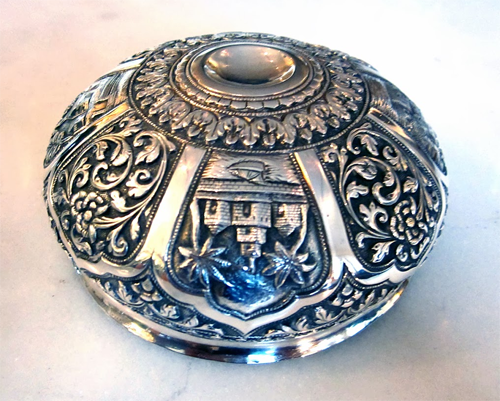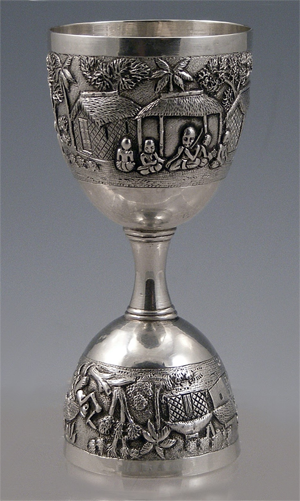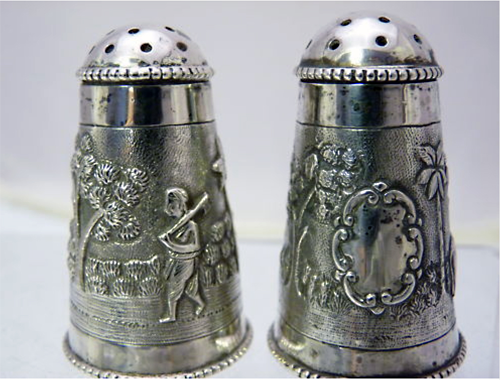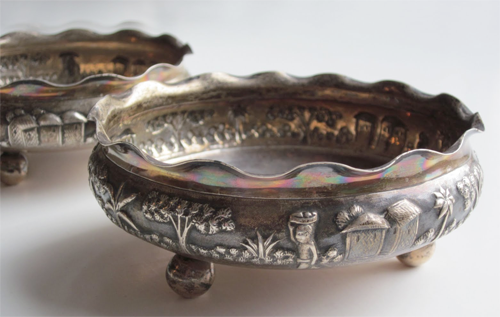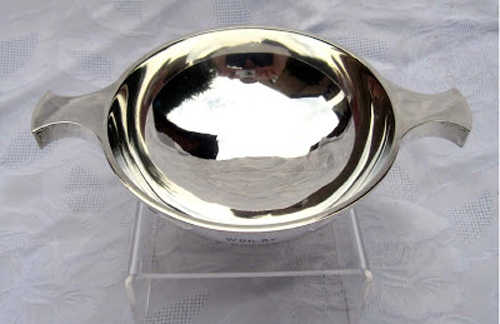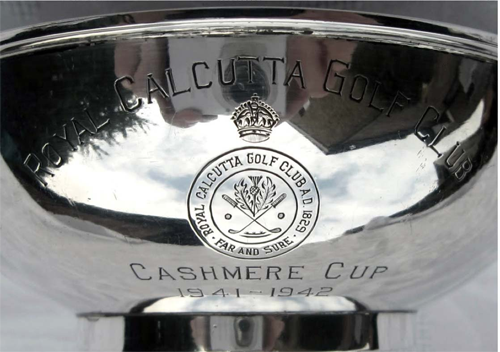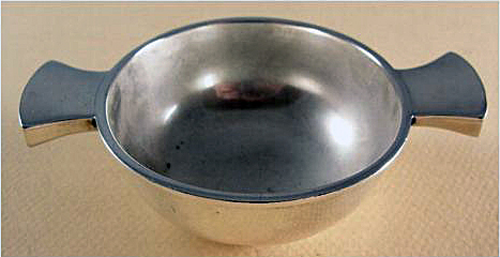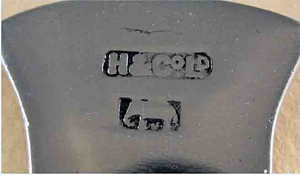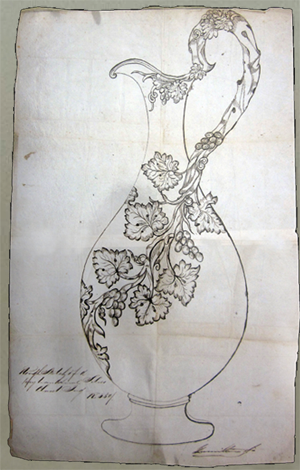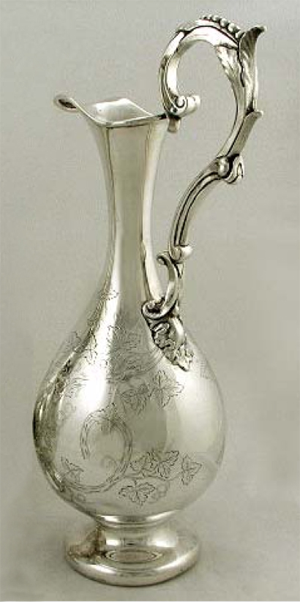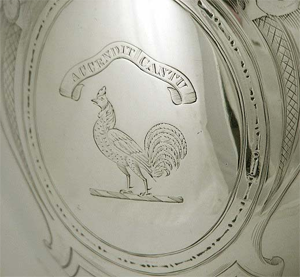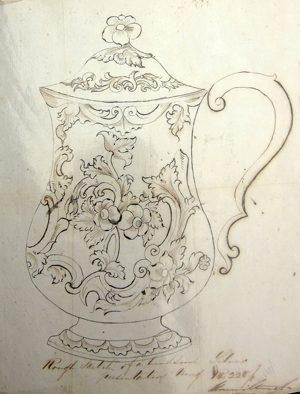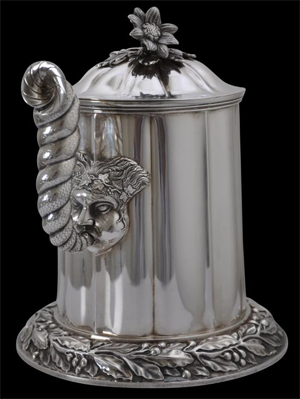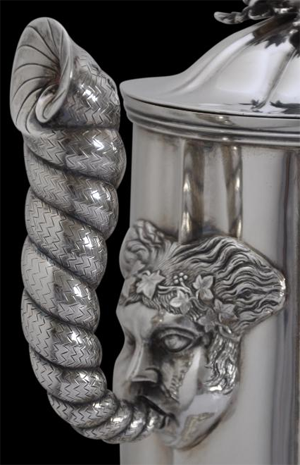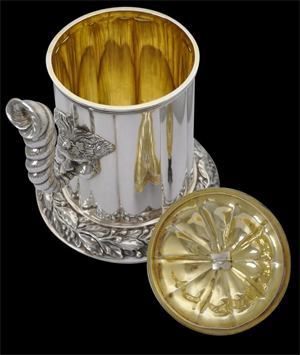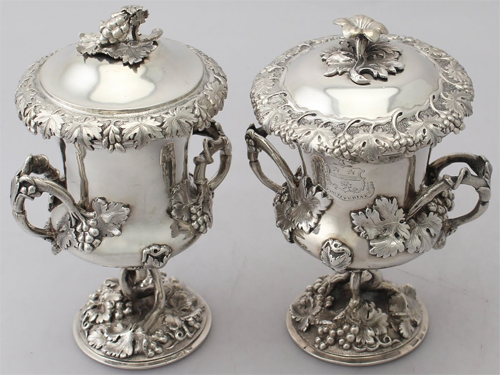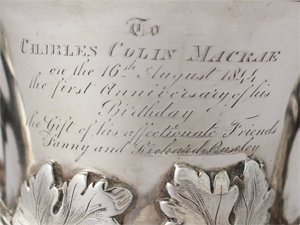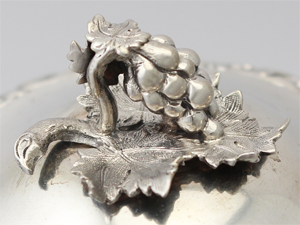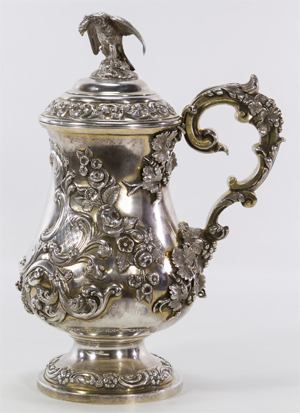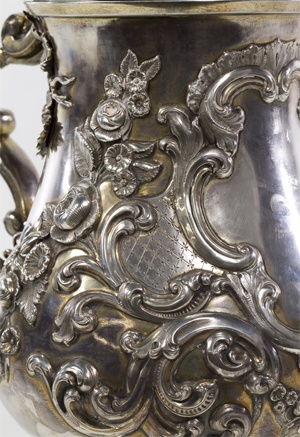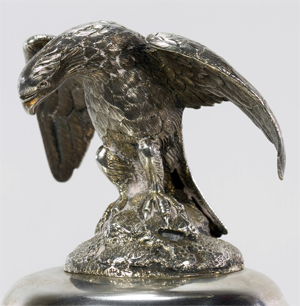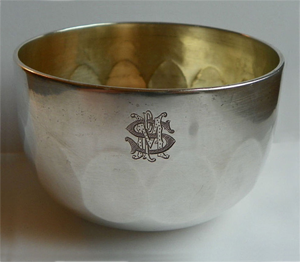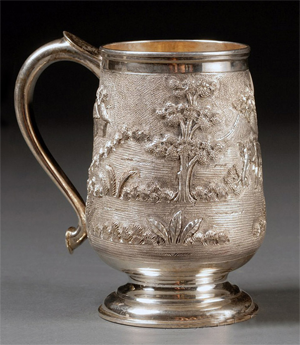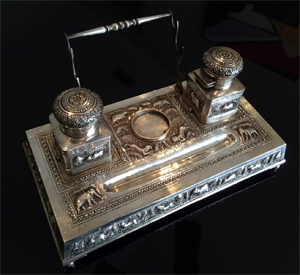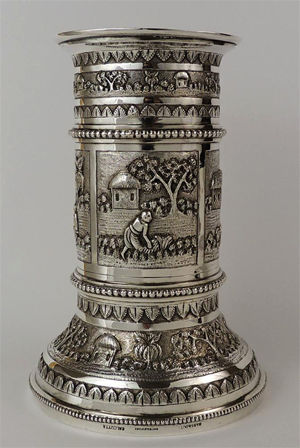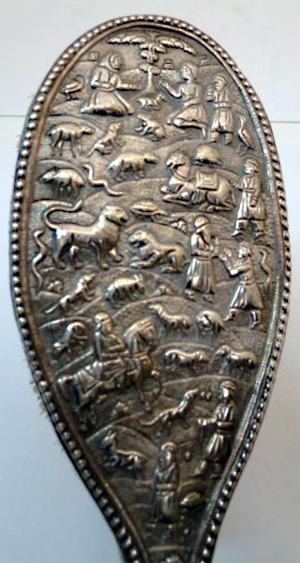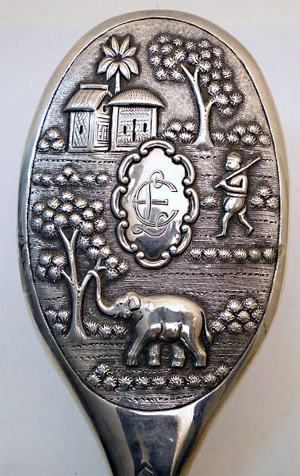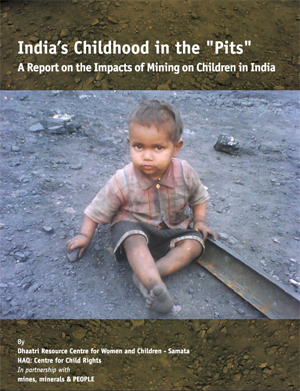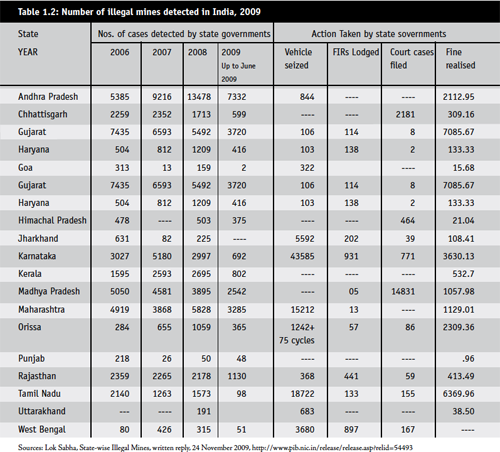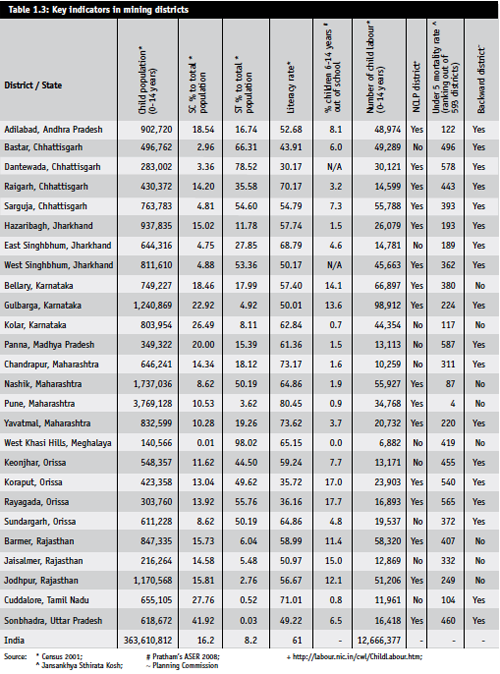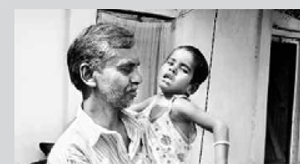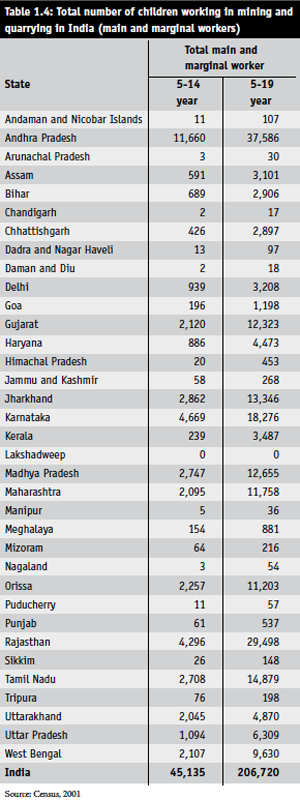DISCOVER FREEMASONRY
Freemasonry is one of the world's oldest secular fraternal societies. It is a world-wide organisation based on the principle of the Fatherhood of God and the Brotherhood of man. It is a society of men concerned with moral and spiritual values. Its members are taught its precepts by a series of ritual which follow ancient forms and use stone masons' customs and tools and allegorical guides. It seeks to make good men better and thereby make the world a better place in which to live. Freemasonry has been in existence in the present form for nearly 280 years in the world and for over 250 years in India. There are more than 150 Grand Lodges functioning all over the world. The Grand Lodge of India was consecrated as a Sovereign Grand Lodge with full Masonic jurisdiction over the territories of the Republic of India in November 1961. The primary unit organisation of Freemasonry is a Lodge. We have as of now 320 Lodges and over 200 other Masonic bodies located in different parts of the country with a total membership of about 22,000 Freemasons. Masonic organisations throughout the world are engaged in many philanthropic and charitable projects. In India, too, the Masonic Fraternity is involved in several charitable projects, all over the country: The General Williams Masonic Polyclinic and a Masonic Public School in Delhi, as also a Masonic Medical care center for children in Coimbatore, the adoption of an entire village located in a backward area, for all-round development in Health, Sanitation, Education & Housing in Visakhapatnam Distt. & Construction of Sheds for cyclone victims in Andhra Pradesh, many Scholarships and Bursaries awarded to deserving students, helping institutions for the handicapped and the aged and holding of periodical Blood donation camps, Eye camps and other Health Camps etc., are examples of some of the socially relevant activities of Masonic organisations all over the country. Freemasonry is best explained through answers to some specific questions as indicated below:--
What is the object of Masonry?
The Motto of Freemasonry is Brotherly Love, Relief & Truth.
• Freemasonry seeks to make good men better. It encourages the practice of the moral virtues of Temperance, Fortitude, prudence and Justice.
• It inculcates obedience to God & observance of the Laws of the country.
• It is committed to extend the hand of fellowship & provide Relief to those in distress.
What Freemasonry is not?
It is not a Religion. However, it emphasises secularism by teaching respect for and tolerance towards all religions.
It is not a political party or organisation.
It reminds them of the filial affection one should always have for the Land of their birth, to remain loyal to the laws of the land which, for the time being, may be the place of their residence, or afford them protection.
It is not a secret society
• There is nothing secret or secretive about Freemasonry. Freemasonry does not conceal the time and place of its meeting, nor does a member hide the fact of his membership.
• Like many other Societies, it regards some of its internal affairs as private matters of concern only for its members.
• There is no secret about its aims & principles. Copies of its Constitutions and Rules can be obtained by interested members of the public from its offices.
It is not a social club
However, it provides the means of socialising among its members, which consists of a cross section of society drawn from all walks of life who meet on an equal footing. It also involves the families of members on such social occasions.
How does Masonry get its membership?
Freemasonry does not canvass for members. The person must seek for membership of a Masonic Lodge of his own free will and accord. He would, however, be provided all information he wishes to know.
Who is eligible to become a Mason?
No atheist can become a Mason. Anyone who is of good moral character and believes in the existence of Almighty God and a belief in the Supreme Being, no matter by what name He is called, or what faith the person professes, is eligible.
What does Freemasonry expect from one who joins it?
• He must understand and appreciate its high ideals and objectives and put in to actual practice its motto of "Brotherly Love, Relief and Truth".
• Patriotism & Loyalty to one's own country and the Fraternity at all times is a bounden duty.
• It expects that a Freemason should do unto others, as he would wish others would do unto him.
• Charity is the predominant characteristic of a Freemason's heart. He is always expected to "give" to Freemasonry rather than expect to "receive" anything from it for personal benefit.
• That he will practice outside the Lodge those duties & virtues that he is taught inside the Lodge.
Freemasonry Teaches
• Kindness in the home,
• love for one another,
• courtesy in society,
• resistance towards evil,
• help for the weak,
• pity and concern for the unfortunate,
• forgiveness for the penitent,
• fairness in work,
• honesty in business,
and above all, reverence and love for God.
In fact Freemasonry is a Way of Life.
Indian Order of Freemasons
The Indian Order of Freemasons has, as its head, its Grand Master, who is elected for a term of three years. M.W. Bro. Maj. Gen. Dr. Sir Syed Raza Ali Khan, the Nawab of Rampur, was the first Grand Master of the Grand Lodge of India. The present Grand Master, who is 14th on the line since the time the Grand Lodge of India was formed, is M.W. Bro. Capt. Dr. Balaram Biswakumar, O.S.M. Some of the prominent Indians who have been Freemasons are Swami Vivekananda, Shri C. Rajagopalachari, Shri Moti Lal Nehru, Shri Fakhuridin Ali Ahmed, and also several serving and retired judges of Supreme Court and High Courts, serving and retired Defence Personnel and Civilian Officer,s besides many Industrialists, Businessmen, Business Executives and other Professionals.
Applications for membership
There is no canvassing of membership. Candidates for membership are expected to come of their own free will and accord. Whatever information is required will be furnished. Applications duly proposed and Seconded by members are entertained by the Lodges and are scrutinised and balloted in the Lodge. Thereafter, the candidates are initiated into Freemasonry according to ancient custom and receive various degrees. Regional and Grand Lodge ranks are conferred on their attaining sufficient proficiency, based on merit and seniority.
The Clock of Life
The clock of life is wound but once,
And no man has the power
To know just when the hands will stop,
At late or early hour,
Now is the only time you have,
Live, love and toil with a will,
Put no faith' in tomorrow,
For the clock may then he still.
For further information contact:
HOW TO JOIN FREEMASONRY?
The absolute requirements for becoming a Mason are:
• be a man, at least 21 years old
• Have belief in a Supreme Being (of any faith. No particular religion or faith is required or excluded. All are welcome.)
• You should be someone who does, or wants to learn to, enjoy the company of other men from all different social classes, faiths, backgrounds, races, countries, etc. Masonry is universal in its ideals.
• if you are a family man, Masonry considers that your family obligations come FIRST, so you must be sure that:
• You have the time to participate (usually two or three evenings/month at first for meetings and instruction, and then at least one evening per month for meetings from then on -- often more if you get involved in lodge activities.)
o You can afford the initiation fees and the annual dues without hardship to yourself or your family.
o You should be coming to Masonry "of your own free will and accord", to learn to improve yourself and to enjoy the company of other good people, not because someone keeps pestering you to join or because you think it will help you "get ahead" in business.
To join, all you have to do is ask a Mason:
• Preferably someone you know, or at least who lives or works nearby, or...
• If you think that you don't know any Masons in your area, you could send an e-mail to Mr. Vinod Puri at [email protected] giving him details of your name, age, profession, home or postal address, phone numbers and email address, and ask that anyone who lives in your general area reply to you.
• You can call the Grand Lodge/Regional Grand Lodge office and get information.
ARE YOU A MASON?
Have You Ever Considered Becoming a Mason?
As published by the Masonic Renewal Committee of North America
Freemasonry is the oldest, largest Fraternity in the world. It's members have included Kings, Presidents, Prime Ministers, Statesmen, Generals, Admirals, Supreme Court Chief Justices, corporate CEOs, opera stars, movie stars, and probably, your next door neighbor. And Masonry is always ready to welcome good men in the Fraternity. It's ready to welcome YOU, if in your heart you can answer "yes" to a few questions.
Do you believe that there is such a thing as honor, and that a man has a responsibility to act with honor in everything he does? Masons teach that principle. We believe that a life not founded on honor is hollow and empty -- that a man who acts without honor is less than a man.
Do you believe in God? No atheist can be a Mason. Masons do not care what your individual faith is -- that is question between you and your God -- but we do require that a man believe in a Supreme Being.
Are you willing to allow others the same right to their own beliefs that you insist on yourself? Masonry insists on toleration -- on the right of each person to think for himself in religious, social and political matters.
Do you believe that you have a responsibility to leave the world a better place than you found it? Masonry teaches that each man has a duty not only to himself but also to others. We must do what we can to make the world a better place. Whether that means cleaning up the environment, working on civic projects, or helping children to work or read or see -- the world should be a better place because we have passed through it.
Do you believe that it is not only more blessed to give than to receive, it's also more fun? Masons are involved with the problems and needs of others because we know it gives each of us a good feeling -- unlike any other -- to help. Much of our help is given anonymously. We're not after gratitude, we're more than rewarded by that feeling which comes from knowing we have helped another person overcome some adversity, so that their life can go on.
Are you willing to give help to your Brothers when they need it, and to accept their help when you need it? Masonry is mutual help. Not just financial help (although that's there, too) but help in the sense of being there when needed, giving support, lending a sympathetic ear.
Do you feel that there's something more to life than financial success? Masons know that self-development is more precious than money in the bank or social position or political power. Those things often accompany self-development, but they are no substitute for it. Masons work at building their lives and character, just as a carpenter works a building a house.
Do you believe that a person should strive to be a good citizen and that we have a moral duty to be true to the country in which we live? Masons believe that a country is strong as long as freedom, equality, and the opportunity for human development is afforded to all. A Mason is true to his government and its ideals. He supports its laws and authority when both are just and equitably applied. We uphold and maintain the principles of good government, and oppose every influence that would divide it in a degrading manner.
Do you agree that man should show compassion for others, that goodness of heart is among the most important of human values? Masons do. We believe in a certain reverence for living things, a tenderness toward people who suffer. A loving kindness for our fellow man, and a desire to do right because it is right. Masonry teaches that although all men are fallible and capable of much wrong, when they discover the goodness of heart, they have found the true essence of virtue. Masonry helps men see their potential for deep goodness and virtue.
Do you believe that men should strive to live a brotherly life? Masons see brotherhood as a form of wisdom, a sort of bond that holds men together -- a private friendship that tells us we owe it to each other to be just in our dealings and to refuse to speak evil of each other. Masons believe a man should maintain an attitude of good will, and promote unity and harmony in his relations with one another, his family, and his community. Masons call this way of believing the Brotherhood of Man. It really means that every Mason makes it his duty to follow the golden rule. This is why Masonry has been called one of the greatest forces for good in the world.
IF YOU ANSWERED "YES", YOU SHOULD CONSIDER BECOMING A MASON.
Freemasonry offers much to its members -- the opportunity to grow, the chance to make a difference, to build a better world for our children. It offers the chance to be with and work with men who have the same values and ideals -- men who have answered "YES" to these questions.
It's easy to find out more. Just find a Mason and ask him about Masonry. You probably know several Masons. Perhaps you've seen the Square and Compasses like the one in this brochure or on a pin or tie tack or bumper sticker. If you know where the lodge is in your community, stop by, or look up the number of your local Masonic lodge in the phone book and ask for the secretary of the lodge. He'll be happy to help you.
Have you ever considered becoming a Mason? We'd like a chance to talk with you.
***
FAQ ON INDIAN FREEMASONRY
(by V. Rajendran OSM, P. Dy. G.M)
Q). When did Freemasonry come to India?
A). The honor of receiving Freemasonry in India goes to Calcutta. In 1730 officers of the East Indian Company held their meetings in Fort William, Calcutta. The number given to the Lodge was 72.
Q). What was the first Lodge in Madras?
A). No. 222 EC, in 1752, and it does not appear to have received a name.
Q). What was the first Lodge in Bombay?
A). Bombay Lodge No. 234 EC in 1758.
Q). What was the first Lodge in Punjab?
A). Lodge No. 489 EC, in 1786.
Q). What effect did the existence of two competing Grand Lodges in England [Ancients and Moderns] have on Freemasonry in India?
A). Inasmuch as numerous Lodges had been constituted in India by the Moderns, while others had come into existence Ancient auspices, quite naturally much of the Ritualistic differences established themselves into the respective Lodges. This situation was complicated somewhat by the fact that there were also Lodges in India of Irish & Scottish origins.
However, it was in India where both the warring groups joined together in harmony long before the formation of the Union of England. In 1785, the Atholl Lodge at Madras surrounded its powers and accepted the United Prov. Grand Lodge. The old Atholl Lodge was recorded as lodge of Perfect Unanimity [later numbered as No. 150]. Madras had thus stolen a march of 27 years over the United Grand Lodge of England, which was formed in 1813.
Q). Who was the first Indian Mason?
A). Omdat-ul-Omrah, the Nawab of Carnatic. The second Indian Mason was M. Bandeh Ali Khan, initiated in Marine Lodge, Calcutta in 1812.
Q). Who was the first Hindu to be admitted into Freemasonry?
A). Bro. Ranganath Sastry in Lodge Perfect Unanimity No. 233, Madras in 1857.
Q). The earliest Sikh to be made a mason?
A). Bro. Duleep Singh in Lodge Star in the East in 1861.
Q). Which Province had segregation preventing Indians from being admitted into Freemasonry?
A). In Bengal, where the bye-law No. 55 of the PGL (EC) prevented Indians from being admitted into Freemasonry. Ultimately the first Hindu to be admitted in Bengal was Bro. P C Dutt in 1872, that too after very many "black-balling" and nine years of persistent appeals.
The first Hindu to become a Freemason was PC Dutt from Calcutta. The year was 1863 -- six years after the 1857 Revolt -- and the British were still suspicious of "natives." Since membership was open to all men of good character, who believe in a "Supreme Being," the Provincial Grand Master of Calcutta Hugh Sanderman hunted out a religious loophole to deny Dutt membership. He argued that as a Hindu, Dutt didn't believe in a single God but rather a pantheon of deities. After making an impassioned speech arguing that all Hindu deities are reflections of a single God, Dutt joined the Lodge of Anchor and Hope in 1872.
Today, the Sandhurst Temple in Fort's 120-year-old Freemasons' Hall -- the foundation stone was laid in 1897 -- boasts a wooden altar with books of all faiths including the Gita. The altar stands on a checkered square in the centre of a large room where a fresco of an "all-seeing" eye, representing the "Supreme Being," observes proceedings....
New initiates aren't forced to drink red wine from a skull like in "The Lost Symbol." But each new member must kneel before the altar, place his hand on a holy book of his choice, and swear an oath of loyalty. "Members vote for or against admitting a new initiate by dropping white or black balls into a box," explains Malkani. This tradition led to the phrase "blackball", still used when someone fails to win membership to an exclusive club.
While barriers of race and religion have been torn down, discrimination on the basis of sex remains. India has a ladies only lodge in Gurgaon but it isn't recognized by the Grand Lodge of India, which has yet to welcome a woman into the craft. "Ladies can't be brothers," reasons senior Mason.
-- The Freemasons Chamber of Secrets in Fort Turns 120, by Nergish Sunavala, 9/3/17
Q). What were the foreign Constitutions whose Lodges functioned in India?
A). Dutch Constitution -- Lodge Solomon was founded on April 7, 1758 at Tandelga near Chinsurah in Bengal by the commander of the merchant fleet of the Netherlands East India Company, Bro. Jacob Larwood Van Chevichaven.
French Constitution -- Lodge Sincere Amite, Pondicherry was chartered in 1787. There were quite a few Naval Lodges. Though Naval Lodges were not recognized by the Grand Lodge of France, the members of the Naval Lodge in due course found their way to get affiliated to and remain under the protection of a stationary Lodge.
Scottish Constitution -- Into the sub-continent the first Lodge under the Scottish Constitution was consecrated in 1801 in Ceylon (Sri Lanka). One Lodge Hope No. 334 SC, Karachi was charted in 1767; in 1770 it was shifted to New Castle and in 1782 to New York. The date of its arrival in India cannot at present be stated. Lodge Hope was chartered by the PGM of Western India on April 25, 1842.
Danish Constitution -- Introduced in Tranquebar (near Nagapattinam, Tamil Nadu) in 1805. The Danish colony at Tranquebar was fairly numerously populated by Danes. Due to the efforts of one Bro. Ewald, a warrant was granted for a Lodge at Tranquebar in 1807 by the National Grand Lodge of Denmark. The name of the Lodge was "De L’amour Fraternelle" (to Brotherly Love).
Irish Constitution -- The Light of the North No. 357 at Kurnaul [now Karnal] in 1835. This Lodge survived for three years only. The next was Lodge Duke of Abercon No. 382 IC, in Calcutta in 1905.
Q). Name some of the prominent Indians who were Freemasons.
A). Swami Vivekananda (initiated in 1884 under the name of Bro. Narendra Nath Dutt in Lodge Anchor & Hope, Calcutta); Motilal Nehru -- Lodge Harmony, Kanpur (Father of Pandit Jawaharlal Nehru and grandfather of Indhira Gandhi); C. Rajagopalachary (Governor General of India); Sir C P Ramaswamy Iyer (Divan of Travancore); Dr. P V Cheriy (Governor of Maharashtra); and Fakruddin Ali Ahmed (President of India).
Q). Which is the oldest building used as a Masonic Temple in India?
A). The Goshamahal Baradari, Hyderabad, built in 1682 by Sultan Abul Hassan Tanasha.
Q). When was the Grand Lodge of India formed?
A). November 24, 1961 in New Delhi.
Q). Name the parent Grand Lodges of Grand Lodge of India.
A). The Grand Lodges of England, Ireland and Scotland.
Q). Who were the principal officers at the consecration of the GLI?
A). Dy. GM of Grand Lodge of England, RW Bro Earl of Cadogon, Grand Master of Grand Lodge of Scotland, MW Bro. Archibald, and Dy. GM of Grand Lodge of Ireland, RW Bro George S Gamble.
Q). Who was the founder Grand Master of GLI?
A). MW Bro. H H Major General Syed Raza Ali Khan, Nawab of Rampur.
Q). How many Lodges opted to become the Founder Lodges of the G.L. of India?
A). 145 Lodges, with a total membership of 7466, opted to become the founder Lodges of the Grand Lodge of India.
FREEMASONRY COMES TO INDIA
In 1717 A.D. when an era of comparative peace and harmony dawned on the European scene, the Grand Lodge of England took shape at a meeting of the local Lodges of London, to elect a Grand Master. A United constitution was drawn up and recognized by all the Lodges. A democratic tradition in the election of the Worshipful Master of a Lodge was prescribed. The Worshipful Master was authorized to appoint his team of officers.
It is therefore of interest that within 12 years of the constitution of the Grand Lodge of England, constituted for the purpose of exercising supervision over the lodges in London, and its neighboring areas, a petition was sent by a few Brethren in India to constitute a Provincial Grand Lodge in Calcutta. The Petition having been granted, a Provincial Grand Master was appointed to supervise Masonic activity in India and the Far East in 1728 A.D.
Full details regarding how the First Lodge was constituted in India, are preserved in the Minutes of the Grand Lodge in London. First a petition was presented on December 28, 1728 and at the end of the minutes of that meeting, the text of the "Deputation" from the Grand Master: "to Empower and Authorize our well beloved Brother Pomfret....that he do, in our place and stead, constitute a regular Lodge, in due form at Fort William in Bengal in the East Indies...." This was signed and sealed "the 6th day of February 1728/9 and in the year of Masonry 5732 (which shows that the Grand Lodge used Usher's Chronology in dating the Masonic era -- as the Grand Lodge of Scotland still.
The Lodge at Fort William -- that is, Calcutta -- appears in the Engraved List of 1730, as No. 72. It was to meet at Fort William in Calcutta. The coat of Arms was adopted from the East India Company: a golden lion, rampant guardant, supporting between the forepaws a regal crown. In 1729, Captain Ralph Farwinter was appointed "Provisional Grand Master for East India in Bengal," and also James Dawson as "Provincial Grand Master" for East Indies.
The Provincial Grand Lodge of Madras was formed in 1752, and The Provincial Grand Lodge of Bombay was created in 1758. Although it appeared in the Roll of Grand Lodge, there is no record of how it came into being.
The first Indian Mason was Omdat-ul-Omrah, Nawab Carnatic, initiated in 1775. The doors to Hindu Masonry was flung wide-open might one say, by the unstoppable determination of one Mr. P.C. Dutt of Calcutta to become a member of the craft. After much opposition from the Provincial Grand Master (Hugh Sanderman) and nine years after he was proposed for initiation Mr.Dutt became Bro. Dutt in Anchor and Hope, No. 234, in 1872. Twenty-three years later, he was Deputy District Grand Master.
THE BIRTH OF THE GRAND LODGE OF INDIA
It was towards the end of October 1959 that the Most W. Grand Masters of England, Ireland and the Immediate Past Grand Master Mason of Scotland met in London to discuss the future of Freemasonry in India. The three Grand Masters considered that "an independent Grand Lodge of India is desirable and that its establishment should....be gradually but actively pursued."
A representative Steering Committee was set up consisting exclusively of Indian Brethren in proportion to the number of Lodges under each of the three Constitutions, with R.W.Bro Lt.Gen. Sir Harold Williams, K.B.E., C.B., as Chairman, with the aim of establishing an independent Grand Lodge of India on the best possible foundations. The Steering Committee met at important centers of Masonic activities in the North, East, South and West of India and its report was unanimously signed early October 1960. On December 1, the three Grand Masters issued "Notes on the proposed Grand Lodge of India for the information and guidance of Lodges in India." Therein they reiterated their declared attitude towards an independent Grand Lodge of India, but left it to Lodges in India to decide whether to opt for or against joining such a body, adding that if the Brethren in India decided in favor of an independent Grand Lodge, they would accept the decision and establish with it the closest fraternal relations and that Lodges not wishing to participate would continue to enjoy the existing rights under their respective Grand Lodges.
Out of a total of 277 individual Lodges in India (excluding Pakistan, Ceylon and Aden, which were excluded for the poll), 145 opted for the new Grand Lodge of India. This represented a little over 52 per cent.
INAUGURAL MEETING
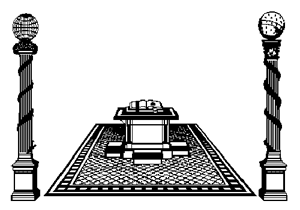
The Grand Lodge of India was officially constituted at ten minutes to six o'clock on Friday the 24th November 1961 in the Ashoka Hotel, New Delhi. There were three delegations from the Grand Lodge of Scotland, Ireland and England in that order.
After the three delegations were received and greeted, the Grand Master Mason of Scotland proceeded with the Consecration. Thereafter, The Deputy Grand Master of Ireland officially constituted the new Grand Lodge saying "in the name of the Grand Lodges of England, Ireland and Scotland and by the command of their Grand Master, I constitute and form you, my good Brethren into the Sovereign Grand Lodge of India, you are empowered henceforth to exercise all the rights and privileges of a Grand Lodge according to the ancient usage's and landmarks of the Craft. May the Grand Architect of the Universe prosper, direct and counsel you in all your proceedings."
After the Consecration and Constitution, the Deputy Grand Master of England assumed the Throne and installed Major General Dr. Sir Syed Raza Ali Khan, G.C.I.E.,D.Litt., LL.D., His Highness The Nawab of Rampur, as the first Grand Master of the Grand Lodge of India. The Aprons, Collars, Gauntlets etc. for the new Lodge were provided jointly by the three parent Grand Lodges.
In addition to the three parent Grand Lodges, the M.W. Grand Master of the Grand Lodges of the State of Israel, the M.W. Past Grand Master of the Grand Lodge of Alberta (Canada) and about 1,491 Brethren from all over India were present at this historic event.
SOME VERY WELL KNOWN INDIAN FREEMASONS
Freemasonry has always fascinated people from all walks of life. The kaleidoscope of its membership has included Royalty, Aristocracy, Gentry and Commoners alike. Freemasons in India have been no exception, and have contributed to India over the last three centuries in no small manner.
Some of the Eminent Indian Masons
• Sir Phirozeshah Mehta
• Dadabhoy Nowroji Tata
• Swami Vivekananda
• W.C. Bannerjee
• President Dr. Rajendra Prasad
• President Dr. S. Radhakrishnan
• Pandit Motilal Nehru
• President Fakhruddin Ali Ahmed
• Sir Dorabji Jamshedji Tata
• J.R.D. Tata
• Goculdas Narottam Morarjee
• Ebrahim Currimbhoy
• Dr. B.G. Kher
• Bhulabhai Desai
• Dr. C. Rajagopalachari
• Sir C.P. Ramaswamy Iyer
• Sir Jamsetjee Jeejeebhoy
• D.L. Vaidya
• Dr. D.R. Bhandarkar
• Sir N.G. Chandavarkar
• M.R. Jayakar
• Dwarkadas Narainji
• Sir Purshottamdas Thakurdas
• Sir Chimanlal Setalvad
• T.G. Khaitan
• Dharamsey Morarjee
• Narsingir Pratapgir
• Sir Bhalchandra K. Pradhan
• Dr. Sir Tehmuiji Nariman
• P.M. Kanga
• Sir Sultan Mohammad Shah, Aga Khan
• Dr. Badruddin Tyabji
• Sir Sayyad Ahmad Khan Dahlavi
• Mohammadbhoy Currimbhoy Ebrahim,
• Ebrahim Rahimtulla Currimbhoy
• Dr. R.N. Cooper
• Dr. P.V. Cherian
• Maharaja Ganga Singh
• Maharaja Duleep Singh
• Maharaja Randheer Singh
• Maharaja Digvijay Smghji
• Maharaja Mahinder Bhupinder Singh
• Maharaja Yadvinder Singh
• Maharaja Sir Bhawani Singh
• Maharaja N.N. Bhup
• Maharaja J.N. Bhup
• Maharaja R.J. Bhup
• Maharaja Viziaram Raj
• Maharaja Chhatarsinghji
• Maharaja Mayurdhwaj Jaladhip
• Thakursaheb Daulatsinhji
• Sir Gangadharrrao Patwardhan
• Shrimant Shankarrao Patwardhan
• Balasaheb Pant
• Pantbahadur Raghunathrao Shankarrao
• Sir Syed Reza Ali Khan
• Sir Syed Ahmed Ali Khan
• Sahebzada Abu Samad Khan
• Ibrahim Khan
• Mirza Husain Yawar Khan
• Maharajkumar Mohammad Amir Hyder Kha
• Nawabzada Khan Mohammed Tolay
• Nawabzada Syed Hussam Bilgrami
• Nawab Jung Nawab Hyder
• Nawab Sir Amin Jung Jung Bahadur
• Chintamanrao Patwardhan
• Sampatrao Gaikwad
• Shrimant Bhau Ramrao Venkatrao
• Diwan Suryashankar Mehta
• Sheikh Abdul Khaliq
• Sorab M. Bharucha
• Sir. Samuel Runganadhan (first India's High Commissioner in London)
• Sir David Devadoss, Judge, Madras High Court
• Sardar Sir R.J. Vakil
• David Abraham
• S.V. Sista
• Ayaz Peerbhoy
• Rasesh Mafatlal
• Justice D.P. Madon
• Justice Prakash Narain.
• J.B. Kanga
• D.D. Davar
• M.P. Kapadia
• D.R. Pradhan
• R.K. Saiyad
• Parikshit Sahni
• Ashok Kumar Ganguly.
• Dr. Phiroze Sethna.
• Nanik Rupani.
• G. L. Raheja.
• Narayan Varma.
• Sir Reginald Spence.
• Jamshed N Guzder
• Dr. Shantilal J Mehta
• Dr. Framroz Sethna
• Dr. Homiyar Dastoor
• Dr. Mohanlal Modi
• Dr. Jamnadas Merchant
• Rustomji A Wadia
• David Shellim
• Nariman S Patel
• Damodar D. Meht
• Maharaja Jaya Chamaraja Wadeyar
• Justice P.N.Khanna
• Justice G Ramanujam
• Justice S.S.Ali
• Justice R Bhattacharya
• Justice V Ramaswamy
• Justice S Natarajan
• Justice A.B.Saharya
• Dr Gaur Hari Singhania
• Justice S Padmanabhan
• Justice V Ratnam
• Justice B.S.Sinha
• Justice Devinder Gupta
• H.H. Marthanda Varma
• Justice U Sinha
• Justice A.R.Lakshmanan
• Justice S Jagadeesan
• C.A. Ramakrishnan I.C.S.
• Prof M.S. Thacker
• Justice K Veeraswami
• Justice T Ramprasad Rao
• Cav. Dr. G.K Devarajulu
• Justice N.S. Ramaswamy
• Sitaram Jaipuria
• G Ramaswamy
• V.P. Raman
• Srikanta Datta Narasimharaja Wadiyar
• Sir Jamshedjee Jeejeebhoy
• His Holiness Sir Sultan Mohamed Shah, Aga Khan
• Dr. Badruddin Tyabji
• The Nawab Of Pataudi Mansur Ali Khan
• Lt. Gen. H.H.Maharaja Jivaji Rao Scindia, Maharaja of Scindia
• Mr Madhav Rao Scindia
• Maharaja of Bobbili
• Ardaseer Cursetji Wadia
• Deshabandu Chittaran Das
• Gaganendranath Tagore
• W.C. Banwejee
• Sir Rash Bihari Ghose
• Kishab Chandra Sen
• Romesh Chanra Dutt
• Sir Syed Ahmed Khan
• Sir Lakshmanaswami Mudaliar - Vice-Chancellor, Madras University
• Dr. Malcolm Adiseshiah - Vice-Chancellor, Under Secretary General UNESCO
• Mr. Zal Irani
• Dr. M.G.K. Menon - Scientist
• Mr. K.P.S. Menon, I.C.S.
• Nawab Salar Jung

